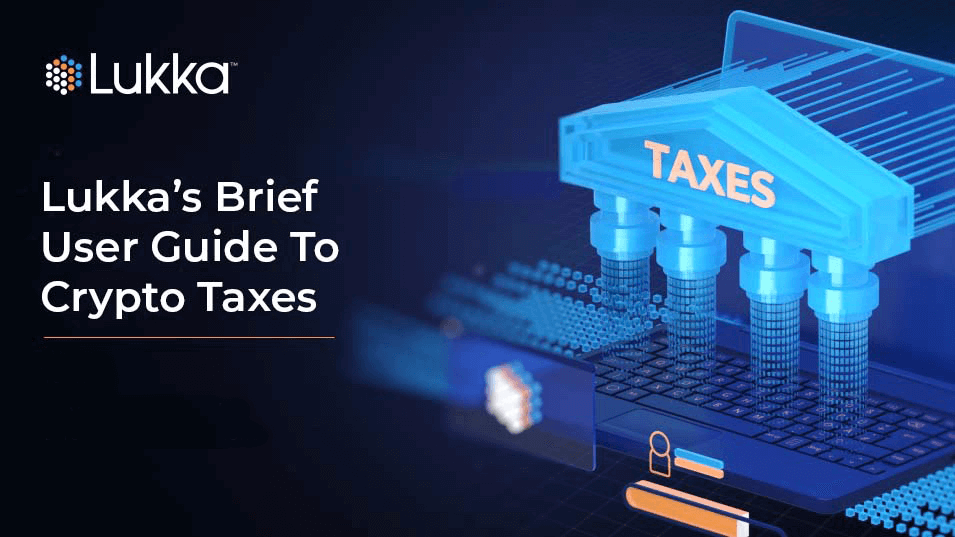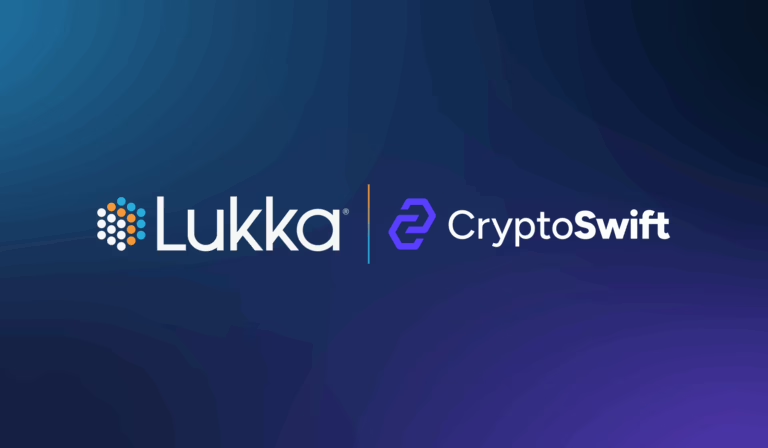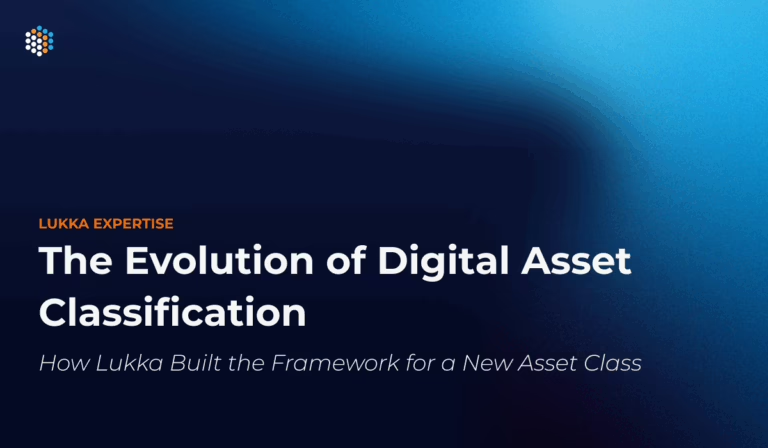Updated March 2022
2021 has seen unprecedented volumes of digital assets transactions. From cryptocurrency purchases and sales to a myriad of Decentralized Finance (“DeFi”) undertakings, non-fungible tokens (“NFTs”) minting, and trading, all while merchants began to accept payments in crypto. However, as digital assets continue gaining wider recognition and acceptance, it is important to not lose sight of the tax implications from these investments and sales, otherwise, investors would be stuck with a huge tax bill when filing their returns.
A lot of ink has been spilled discussing digital asset taxes, from the most basic ones to the really nitty-gritty complex tax issues and transactions. This blog provides some important notes on what taxpayers should keep in mind when reviewing their 2021 investment and trading activities. For a deeper dive on many of these topics, some thorough and helpful articles can be found here:
General Principles of Taxing Digital Assets
In 2014, the Internal Revenue Service (“IRS”) issued Notice 2014-21, which stated that cryptocurrency should be treated as property, as opposed to a currency (i.e., euros or USD). This principle generally, but not always, applies to digital assets across the board.
Absence of tax guidance and diversity of transactions in the digital asset ecosystem often complicate matters. While the IRS has subsequently issued some limited guidance, it still is not part of the formal Internal Revenue Code and the Regulations. This leaves tax advisers and taxpayers alike relying on the existing framework to analyze their activities and compute tax liability.
Taxable and Tax-Free Transactions
Not every interaction with a digital asset would give rise to taxes. Let’s first look at some examples of transactions that would trigger taxation. Note that neither this list nor any other examples outlined below, are exhaustive by any means and are meant to be used for illustrative purposes only.
- Trading digital assets for fiat currency (i.e., USD), regardless of whether the fiat is then subsequently withdrawn from the wallet/exchange or not.
- Trading one digital asset for another. This includes trading cryptocurrencies (e.g., BTC for ETH) as well as buying and selling NFTs for crypto.
- Receiving tokens as a result of hard forks and airdrops. Such tokens would be subject to tax based on the fair market value at the time of the receipt, assuming the taxpayer has “dominion and control” over the asset, i.e., is able to transfer, sell, exchange or otherwise dispose of the asset.
- Receiving mining, staking, liquidity pool and farming rewards, are taxable based on the fair market value at the time of the receipt, with the same dominion and control doctrine applied here.
- Buying goods and services with crypto (although individual investors should exercise caution here since personal losses incurred may not be deductible).
- Losing one’s borrower collateral in a forced liquidation.
And here are some examples of tax-free transactions:
- Purchasing cryptocurrency or an NFT with fiat currency.
- Holding digital assets (even if the value goes up exponentially, no tax is due until the asset is disposed of).
- Moving digital assets between wallets and exchanges.
- Gifting digital assets or receiving them as a gift (provided the total value of such a gift is below the annual gift tax exclusion, $16,000 in 2022). It is important to note that the recipient of the gift would inherit the giftor’s cost basis and holding period.
- Inheriting digital assets (although if the value of the estate exceeds $12.06 million in 2022, then such assets may be subject to estate taxes). Similarly to stocks, the inherited digital assets would get the cost basis step up to the fair market value on the day of death.
- Making a charitable contribution (although there are certain reporting requirements that must be adhered to, depending on the size of the donation).
There is a great deal of uncertainty with respect to the treatment of many DeFi activities. An argument can be made for both tax-free and taxable treatments in a number of instances, including, but not limited by, the following:
- Wrapping tokens (e.g., ETH for wETH) to allow additional functionality
- Contributions to and withdrawals from liquidity pools
- Bridging multichain assets from one blockchain to another
- Participating in liquid staking offerings
Income Character
Because digital assets are treated as property, they are considered to be capital assets. Some of the key issues to consider here are as follows:
- Disposition of capital assets gives rise to a capital gain or a capital loss (as opposed to ordinary income).
- Gains realized on assets held over one year are eligible for the preferential long-term capital gain treatment and are taxed at lower rates than short-term capital gains (for individuals).
- Gains realized on assets held for less than a year are taxed as short-term capital gains at the same rate as the ordinary income (i.e., wages, interest, dividends).
- The IRS permits for a variety of the lot relief methodologies, namely first-in first-out (“FIFO”), last-in first-out (“LIFO”), highest-in first-out (“HIFO”), and specific ID (taxpayer specifically identifies the lots they wish to dispose of). This means that if taxpayers have acquired and disposed of multiple units (or lots) of a given cryptocurrency, they need to take a comprehensive look at their overall portfolio and make a strategic decision with respect to the lot matching methodology they wish to employ. Given the general volatility of crypto, the results derived under each method can vary significantly. It is worth noting that the average cost basis method is likely not permitted for digital assets.
- Transaction fees do not get lost. Instead, they increase the cost basis of the purchased asset and decrease the sales proceeds.
- Generally, individual taxpayers are permitted to net capital gains and capital losses. If there is an excess capital loss, then up to $3,000 can be used to offset the ordinary income.
However, not every interaction with digital assets would give rise to capital gains. For example, where a taxpayer receives airdrops, staking, or mining rewards, the IRS considers such rewards to be of ordinary character. Lost or stolen crypto would generally result in a capital loss (potentially unavailable to the individual investors) but abandonment of a scam coin would have the ordinary character. An NFT sold by an investor would result in a capital gain or loss, but an NFT sold by a digital arts dealer would yield ordinary income.
Conclusion
As the digital asset ecosystem continues to evolve, so will the complexity of transactions. This blog highlights just a few examples, at a high level, and those watching tax rules change should note that the speed of the evolution of the assets will far surpass the speed of updated, relevant tax guidance.
As tax season ramps up, taxpayers need to ensure that comprehensive records of all transactions are readily available, the transactions are appropriately classified (either as capital or ordinary income), and any relevant limitations are considered for the more complex or controversial transactions.
The biggest names in finance trust Lukka products to solve the back end challenge of valuing assets accurately, and reliably enough to stand up to an audit. Learn more about ways you can track valuation throughout the year and especially during tax season.
The information contained in this bulletin provides only a general overview of current tax issues related to staking and shall in no event be construed as the rendering of professional advice or services. As such, the information provided in this bulletin should not be used as a substitute for consultation with professional advisors. Before making any decision or taking any action regarding your digital currencies or the tax treatment thereof, you should always consult with an appropriate, licensed tax, accounting, or other professional. To the fullest extent permitted by law, in no event will Lukka, Inc. (including its related entities, owners, agents, directors, officers, advisors, or employees) be liable to any reader of this bulletin or anyone else for any direct, indirect, or consequential loss or loss of profit arising from the use of this bulletin, its contents, its omissions, reliance on the information contained within it, or on opinions communicated in relation thereto or otherwise arising in connection therewith.


